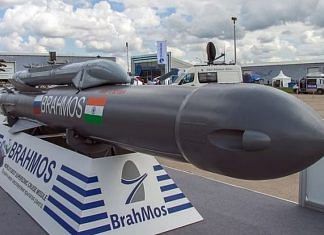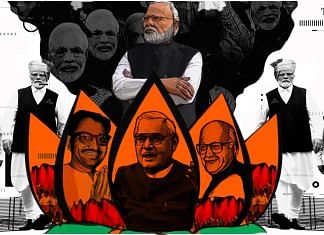Thank you dear subscribers, we are overwhelmed with your response.
Your Turn is a unique section from ThePrint featuring points of view from its subscribers. If you are a subscriber, have a point of view, please send it to us. If not, do subscribe here: https://theprint.in/subscribe/
I am reminded of a book, Peter Principle by Laurence Peter and Raymond Hull, which was popular in the 1970s as a management concept. Simplistically stated, in an organisation, people rise to their ‘level of incompetence’ or an employee is promoted, based on their success in previous jobs until they are no longer competent. Not to be disheartened, the concept also looks at exceptions like ‘summit competence’ i.e. when someone reaches the highest level in their organisation and is still competent at that level. It is of course a satirical view, nonetheless, with some truism.
I thought of three larger than life, corporate czars who had great accomplishments but met the fate of Peter principle, albeit in diverse ways. One may disagree with incompetence as the appropriate word, but as a company leader your role is to steer the company to profitable and safe shores.
Kenneth Lay, founder and Chairman of the then famous Enron Corporation and was quite a darling of 1990s. He was larger than life and could do no wrong. Enron went on to become a company that employed over 31,000 people and market value of over $40 Billion before declaring bankruptcy in 2001. Management books of 1990s profusely quoted Ken Lay on ‘Centerless Corporation’, rejection of the ‘command and control’ model and demands of the new business environment.
When the scale of the scandal was later discovered, Ken Lay was indicted by a grand jury in the USA. As Wikipedia summarises it, “Enron used misleading and illegal practices to hide, embezzle and mislead funds from its auditor Arthur Anderson’’. Both Enron and Arthur Anderson were destroyed following the discovery of scandal of such grand scale. A Bloomberg Business Week article in 2006 made the point that even if it was Ken Lay’s audacious ignorance (Lay maintained he was betrayed by a few dishonest employees), he will forever be blamed for the demise of a company. It would seem to be a grand contradiction when you place the facts of the Enron scandal against Mr Lay’s comment on command and control.
In my early days of corporate career, General Electric Co or just GE was one of the most desired companies to seek out. It stood for quality, professionalism, and the famous vitality model of bottom 10% ‘unwritten’ rule. GE, then was synonymous with Jack Welch who led the organisation for 20 years, until 2001. He was and is still considered as the one of the greatest business leaders of his era.
More recently, GE has been in the news for all the wrong reasons. That, there were structural issues in GE before the transition in 2001 from Jack Welch to Jeff Immelt does not require much forensics. When the performance dipped, various questions came up- was Jeff Immelt left holding the bag on this one ? It is quite unthinkable that Jack Welch did not know of the structural issues and yet went along with the bloated corporate spending.
A quick look at the GE’s annual reports and the main messages (or the main take-away) gives a sense of the sliding glory over the period when GE transitioned from Jack Welch to Jeff Immelt and thereafter. You will see a noticeable change in the tenor of the ‘message’ from ‘relishing change’ in 2000 to ‘Growth company- that knows how to use size to propel growth’ in 2001 (Mr Welch retired in 2001) to a modest ‘businesses performing well’ in 2014 and eventually ‘we are not perfect’ in 2015. Its impossible to pinpoint when and what robbed GE of its vitality, however it’s safe to postulate that the fault lines were emerging in the late nineties, and they remained unaddressed.
A more recent corporate czar worth talking about is Carlos Ghosn, the Chairman and CEO of Nissan. From a celebrity who was routinely making appearances in newspapers and televisions to being imprisoned in 2018 and finally fleeing Japan in a suitcase, is nothing short of a film plot. As I understand, there are ongoing legal cases in various countries and the outcome is better left to the judicial systems. However, it’s worth pondering what could possibly drive a company that was the beneficiary of Ghosn’s skills of ‘turnaround from near-bankruptcy’ to bring charges of misappropriation of funds against him, remains unclear.
The three business leaders briefly described above have been exceedingly successful and many of their timely business decisions and interventions have become subject matter of study in the leading Business Schools around the world. The cases are spread over a period of about 30 years and each different from the other, though with one common thread passing through, provoking the question whether the Peter principle was at play while oversight and governance napped. And there are many such instances if you look.
These pieces are being published as they have been received – they have not been edited/fact-checked by ThePrint.












COMMENTS